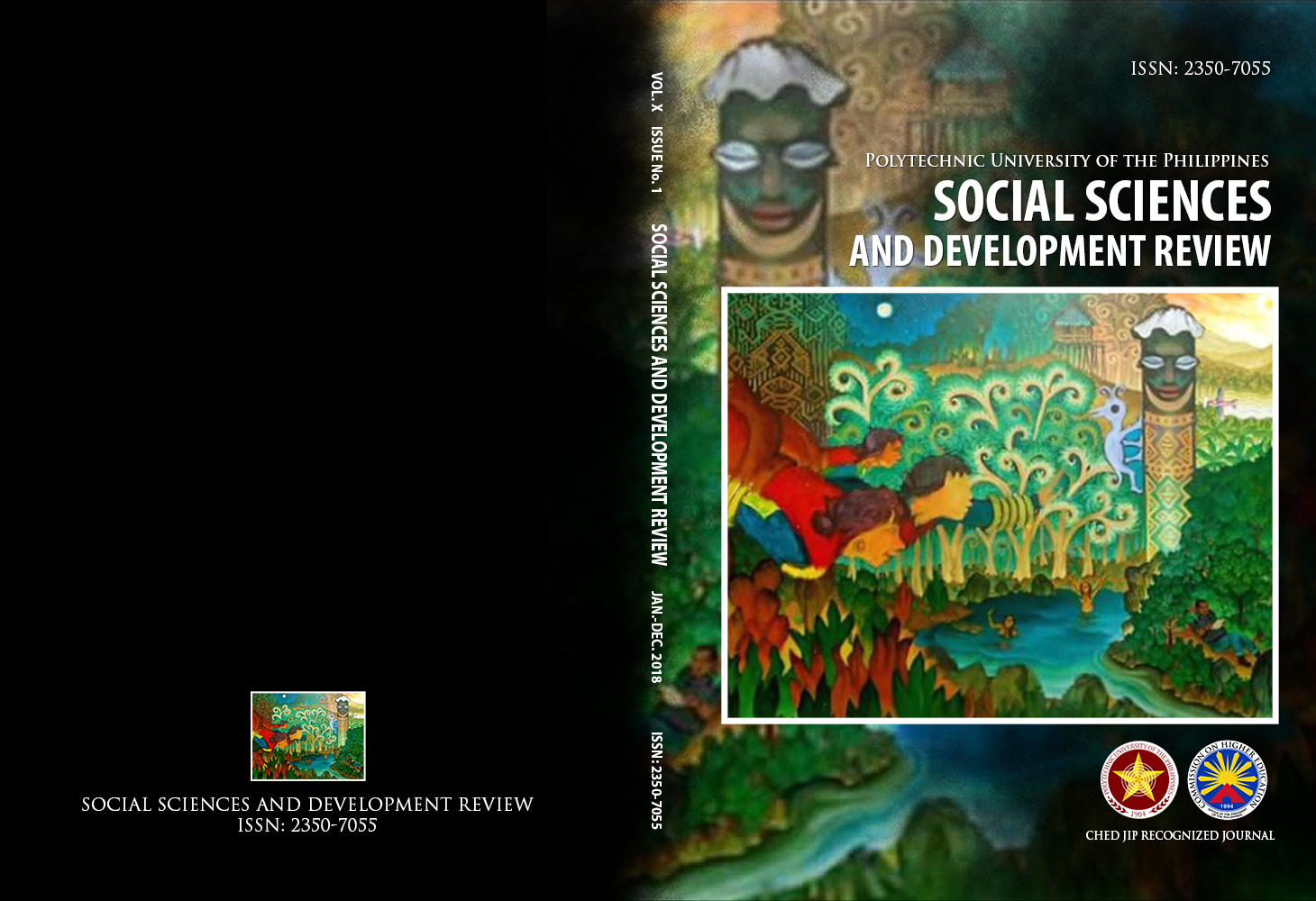Primitive Accumulation in China: A Continuing Process
DOI:
https://doi.org/10.70922/vnd03102Keywords:
primitive accumulation, migration, China studies, capitalism, MarxismAbstract
This paper utilizes Marx’s concept of primitive accumulation as a major
process influencing China’s historic, social and economic development. Coupling this is the idea that migration is as an integral part of this process (Standing, 1981:192). Migration from the rural to the urban is essentially validating the changes done by primitive accumulation in the countryside and inadvertently transforms the urban and rural landscape that has created poles of development in the eastern region of China. Historicizing the processes as well as looking into the factors that accelerate, decelerate, and hinder primitive accumulation and migration would better our understanding of Chinese development and its trajectories. These processes are then contextualized in the historic changes initiated in China in the late 1980’s that gradually affected their forces and relations of production and are situating a continuing process in the current times such as the Western Development Program enacted at the turn of the twentieth century that is still revolutionizing social relations in other regions of China. Generating from these points are observations for discussion and conclusions.
Downloads
References
Downloads
Published
Issue
Section
License
Copyright (c) 2020 Paulo Benedicto C. Villar, MAS (Author)

This work is licensed under a Creative Commons Attribution-NonCommercial 4.0 International License.
Articles published in the SOCIAL SCIENCES AND DEVELOPMENT REVIEW will be Open-Access articles distributed under the terms and conditions of the Creative Commons Attribution-Noncommercial 4.0 International (CC BY-NC 4.0). This allows for immediate free access to the work and permits any user to read, download, copy, distribute, print, search, or link to the full texts of articles, crawl them for indexing, pass them as data to software, or use them for any other lawful purpose.


